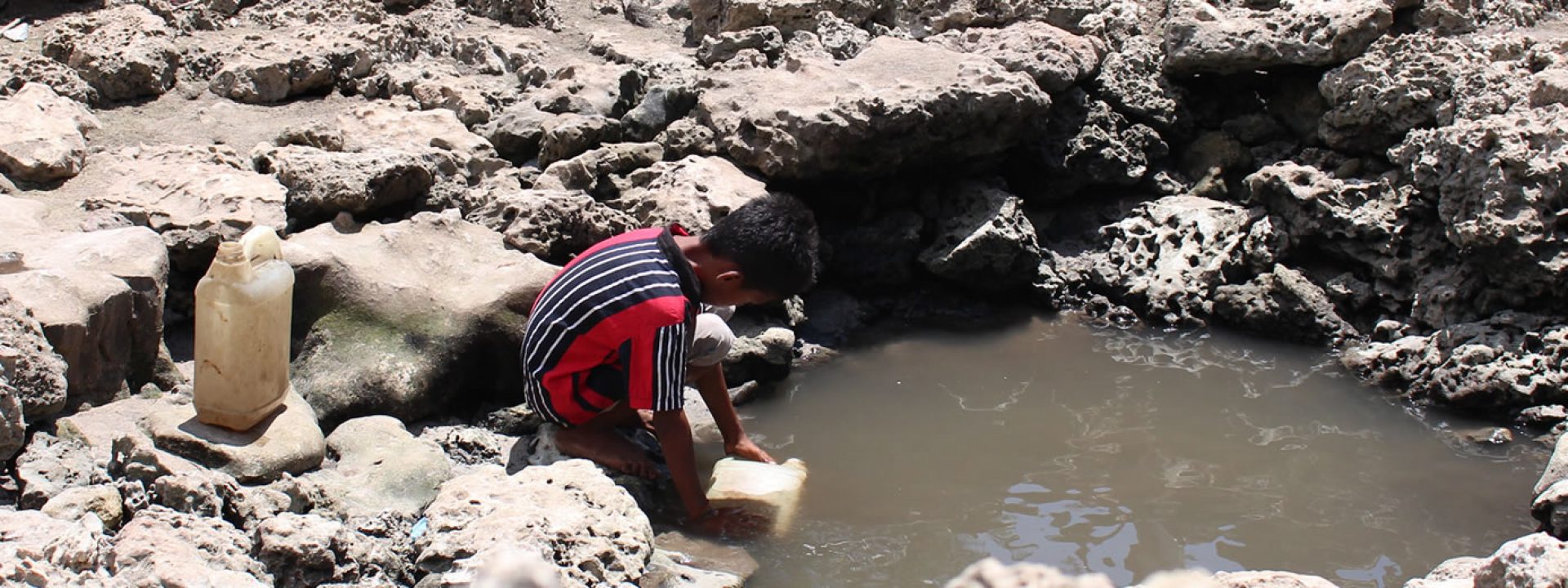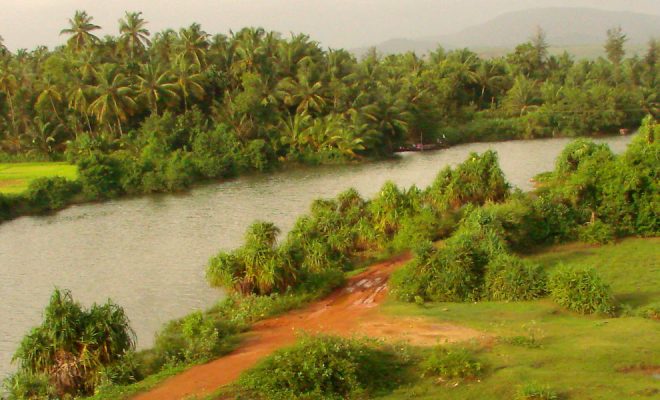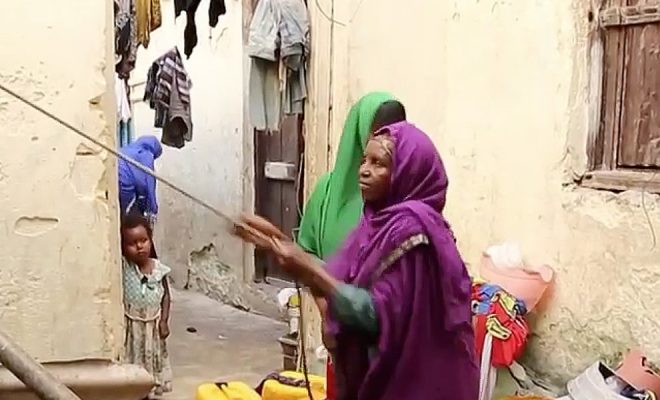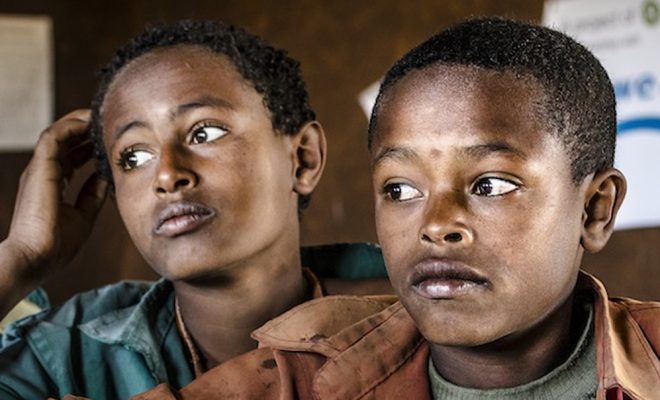A new project by the We Are Water Foundation has been started in the Lesser Sunda Islands (Nusa Tenggara Timur in Indonesian), which is one of the poorest regions in the world. The monsoons from Southeast Asia only bring rain to this region from December to March, and therefore during the remaining eight months the area is hit by drought, which along with the lack of diversification of crops and deforestation, have turned it into one of the regions with more food insecurity in the world. The drilling of wells included in the project is a key factor to fight this scourge.
The population of the islands, basically agricultural, has developed a water collection system in household tanks (with a capacity of around 5.000 m3) as a source of drinking water, which is insufficient to fight the increasingly persistent droughts. For most of the year, the islanders need to access water sources with no health guarantees or resort to the service of tanker trucks at a price that not everyone can afford.
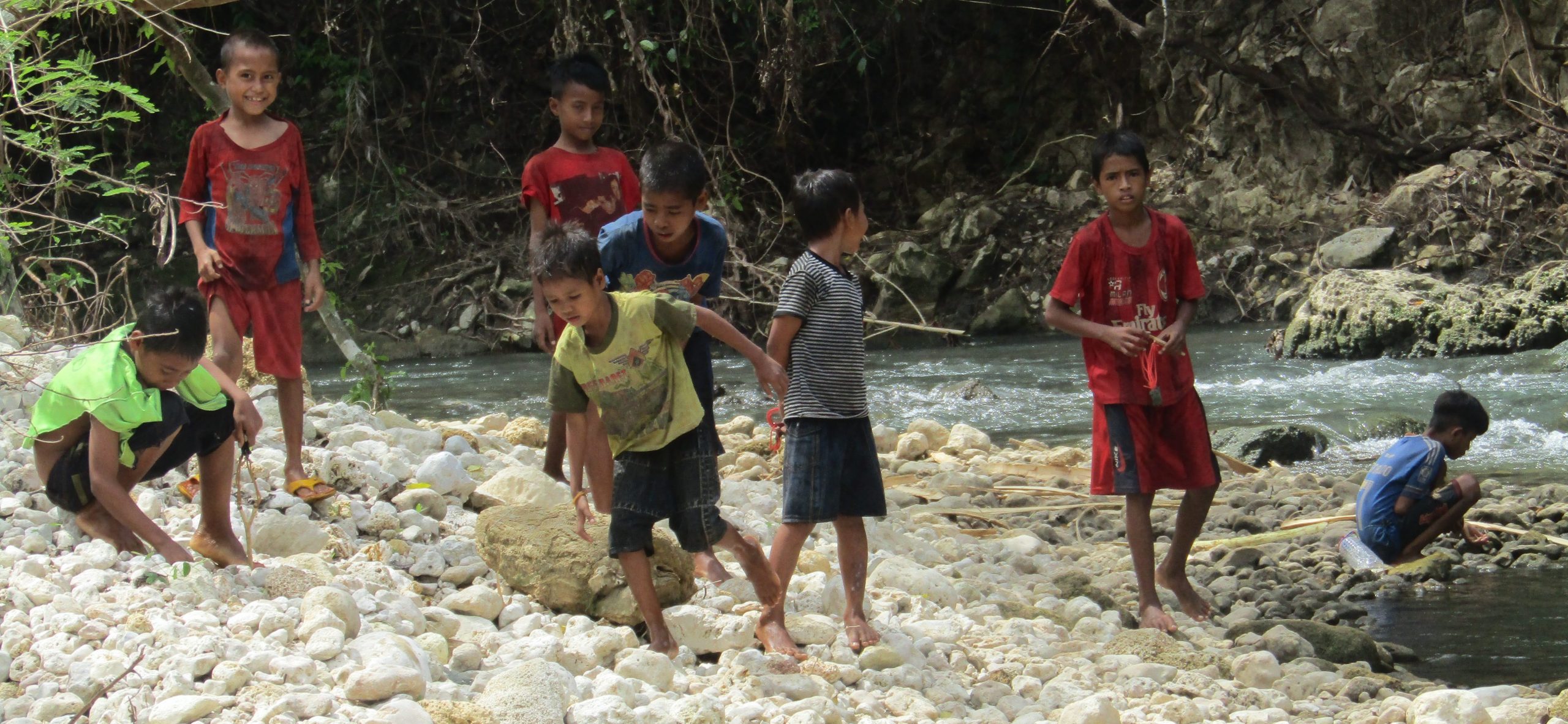
©World Vision
The difficult access to a water supply also means that in poor households women and children are in charge of collecting it, increasing their insecurity and the level of truancy.
The area has one of the highest rates of children under 5 with chronic malnutrition (measured by height and age) or acutely malnourished: 46.7 and 20 %, respectively, compared to the national average of 36.8 and 13,6 %.
The lack of sanitation is another serious problem in the islands. One of its districts, Sumba Barat Daya, has the highest percentage of population that defecates in the open and there is no culture of personal hygiene. As always, children bear the brunt, with diarrhoeal diseases that worsen their level of malnutrition. The district also has the highest percentage of malaria cases in the entire province. In this area drinking water is also scarce: over half of the families southeast of Sumba do not have access to an adequate source.
It is important to take into account that, according to the World Bank, two of the four most important causes of mortality in children under 5 in Indonesia colitis and typhoid fever are diseases transmitted via faeces, directly linked to the inadequate water supply and the lack of hygiene.
The drilling of wells included in the project is an essential action to guarantee the access to drinking water to the poorest communities. But it is also necessary to guarantee the sustainability of the facilities. For this reason the development of infrastructures is always linked to the creation of the Drinking Water Management Committee, which will be in charge of the sustainability and management of water, once the wells are in operation. This committee will work together with the Government of the District and the community authorities in the design, monitoring and inauguration of the wells.
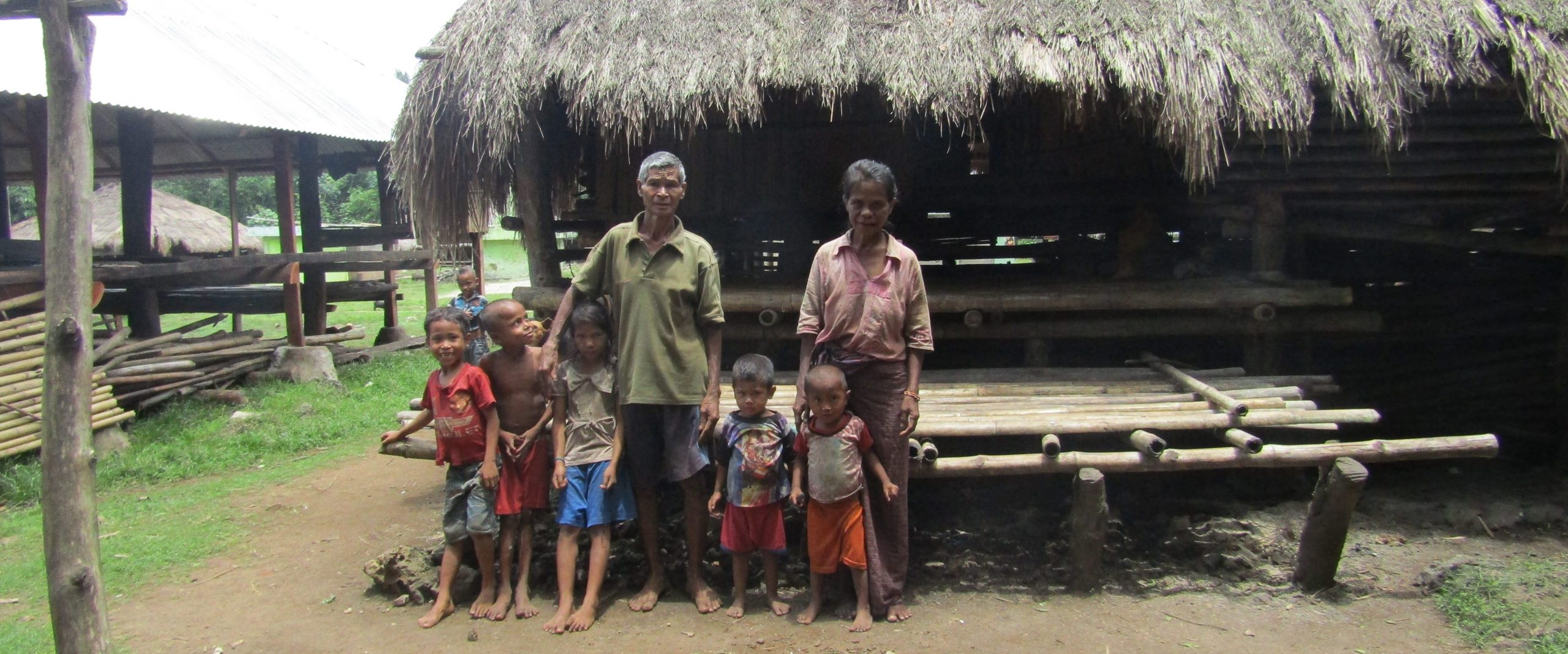
©World Vision
The project, which will benefit 5.640 people, is included in the long term pro-jects of Wahana Visi Indonesia, the local partner with whom the project will be implemented. These include the work with the staff of the posyandu, communi-ty programmes of integrated services, promoted by the Indonesian government to improve the care provided in health and nutrition and to train the communi-ties on how to prevent the most common diseases and child malnutrition. The programme also includes actions to improve the access to education, a factor that is essential to reach the sustainability of any goal related to the access to water and sanitation.


